
Eleni Aklillu
@eleakl
PROFORMA Coordinator and Principal Investigator
Karolinska Institutet

The PROFORMA project. Photo: PROFORMA
The PROFORMA project makes strides in several African countries, promoting the networks and capacities needed to help safety systems keep pace with improving access to medicines.
In recent years, access to drugs and vaccines in many African countries has been increasing, yet the systems for monitoring public drug safety require further development. PROFORMA, a five-year international collaborative project funded by the European and Developing Countries Clinical Trials Partnership (EDCTP), aims to strengthen the national pharmacovigilance and post-marketing surveillance capacity in Ethiopia, Kenya, Rwanda, and Tanzania.
In its work to boost regulatory capacity, PROFORMA has forged partnerships between five academic institutions – training trainers for sustainable ongoing training programs – and four medicine regulatory authorities – delivering practical training on how to put policy into practice. The project also engages other stakeholders, including WHO collaborating centres and public health programmes. The PROFORMA partnership model complements existing efforts and optimises the use of resources to regulate public medicine safety in Africa.
The project started on 1 March 2018, and the PROFORMA kick-off meeting was held on 30 April in Dar es Salaam, Tanzania, in collaboration with the Pharmacovigilance in Africa (PAVIA) consortium. Since then, the 2019 and 2020 PROFORMA annual consortium meeting and PV training workshops have been conducted in Kigali, Rwanda and Nairobi, Kenya, respectively.
The project first conducted a comprehensive assessment of the current pharmacovigilance systems and practices in Ethiopia, Tanzania, Rwanda, and Kenya. The aim was to identify the missing pharmacovigilance systems’ structural elements, strengths, deficiencies, and gaps. Based on the identified gaps, comprehensive national pharmacovigilance plans and interventional measures aligned with the local needs and priorities are developed and introduced in each country.
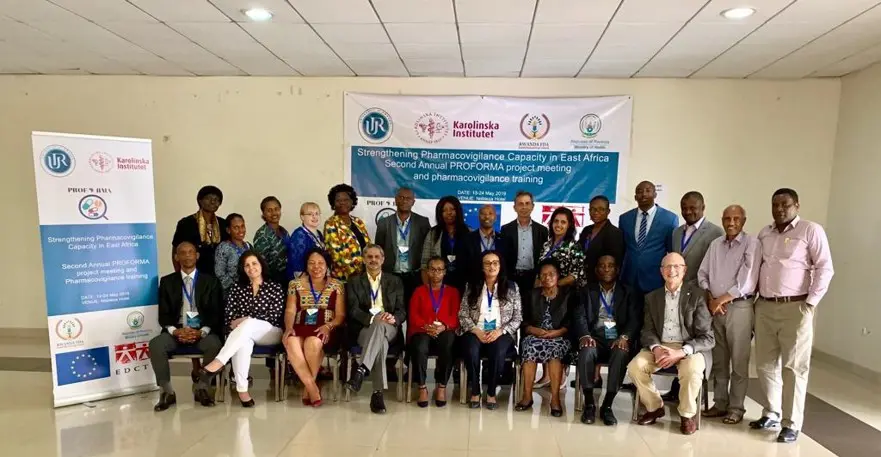
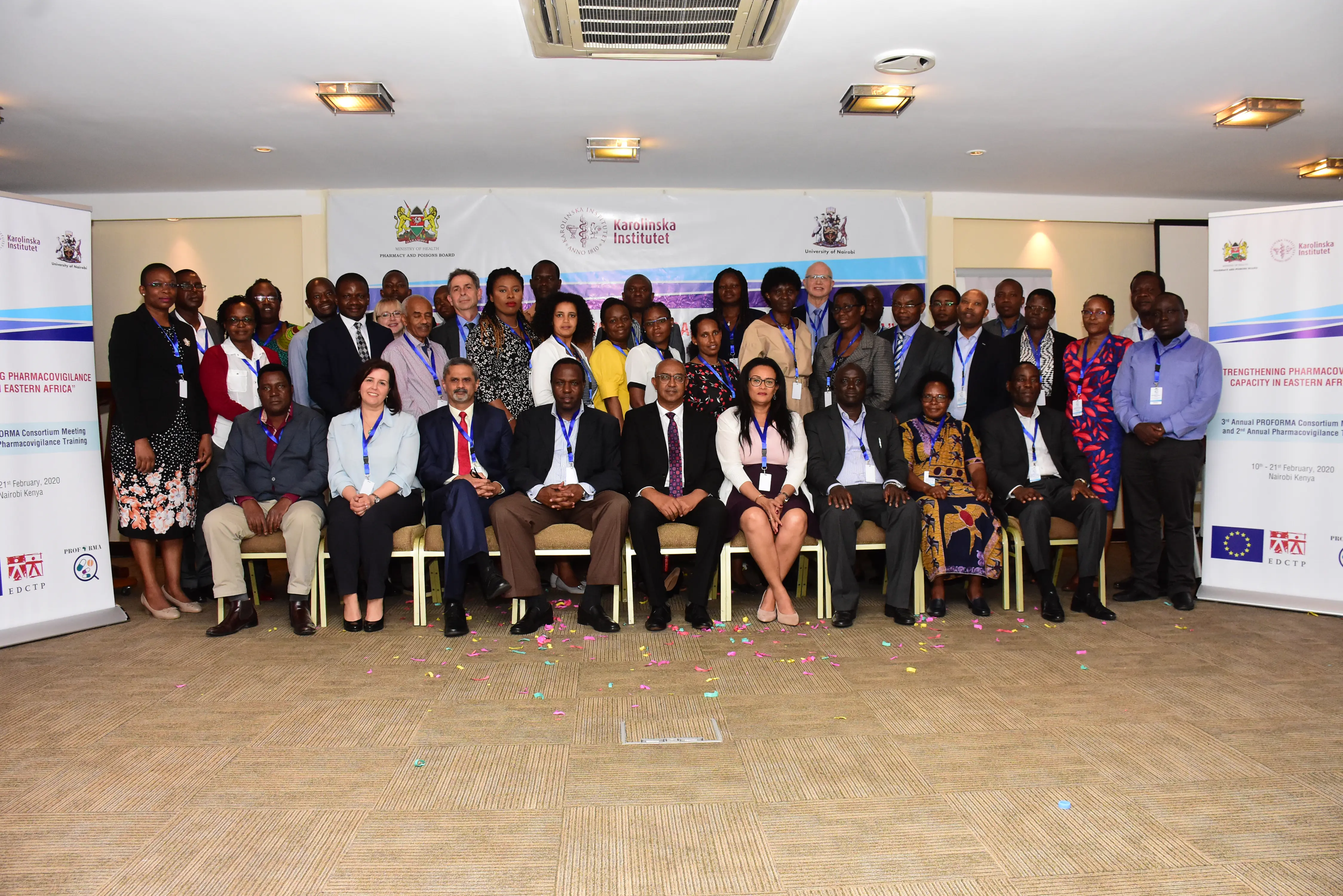
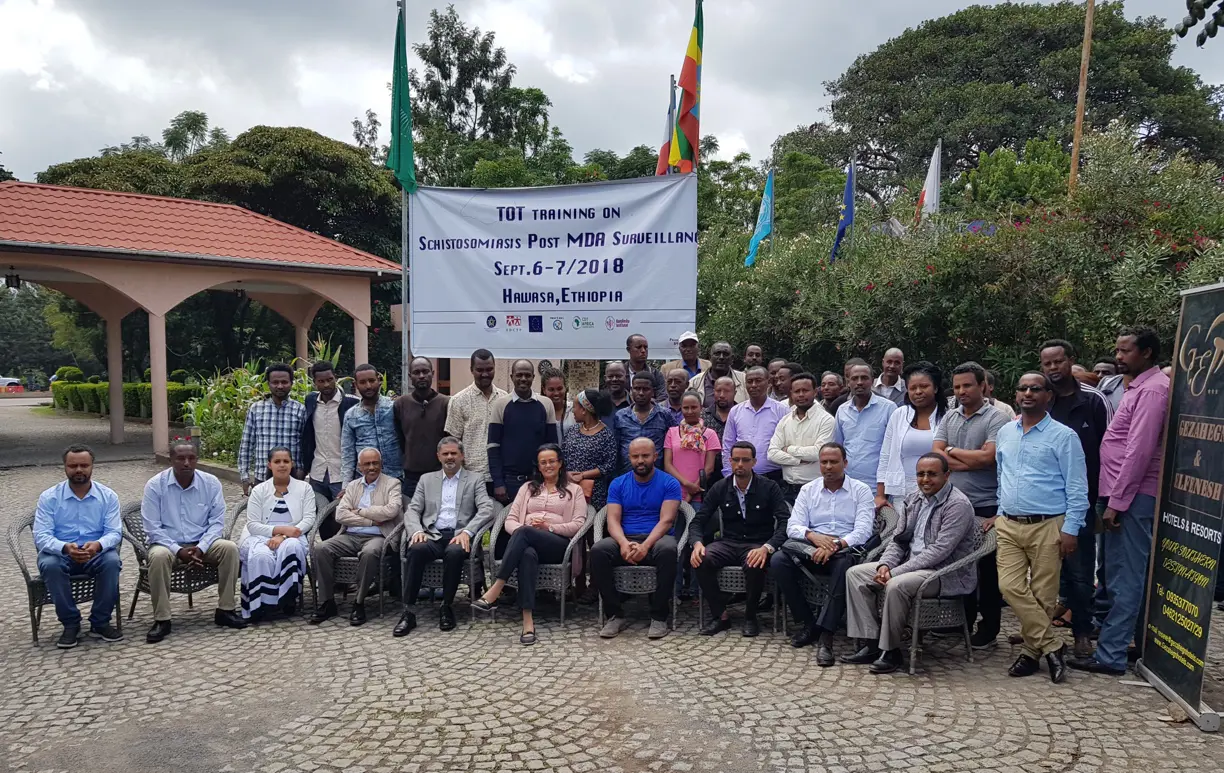
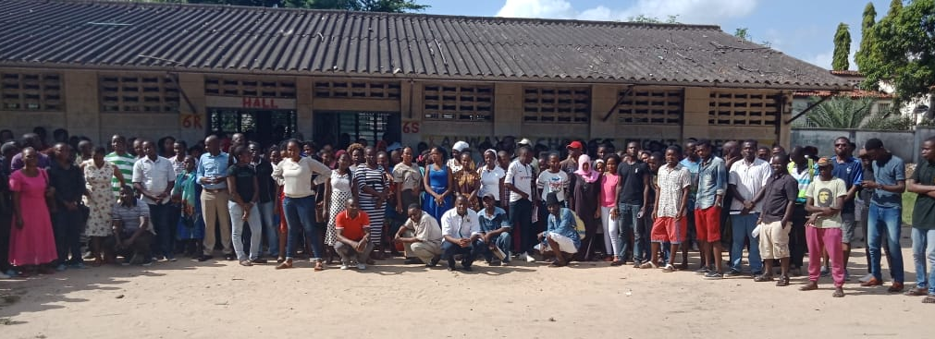
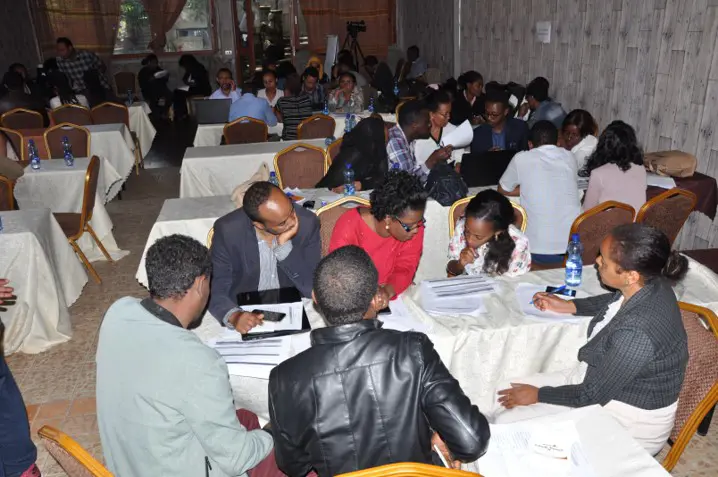
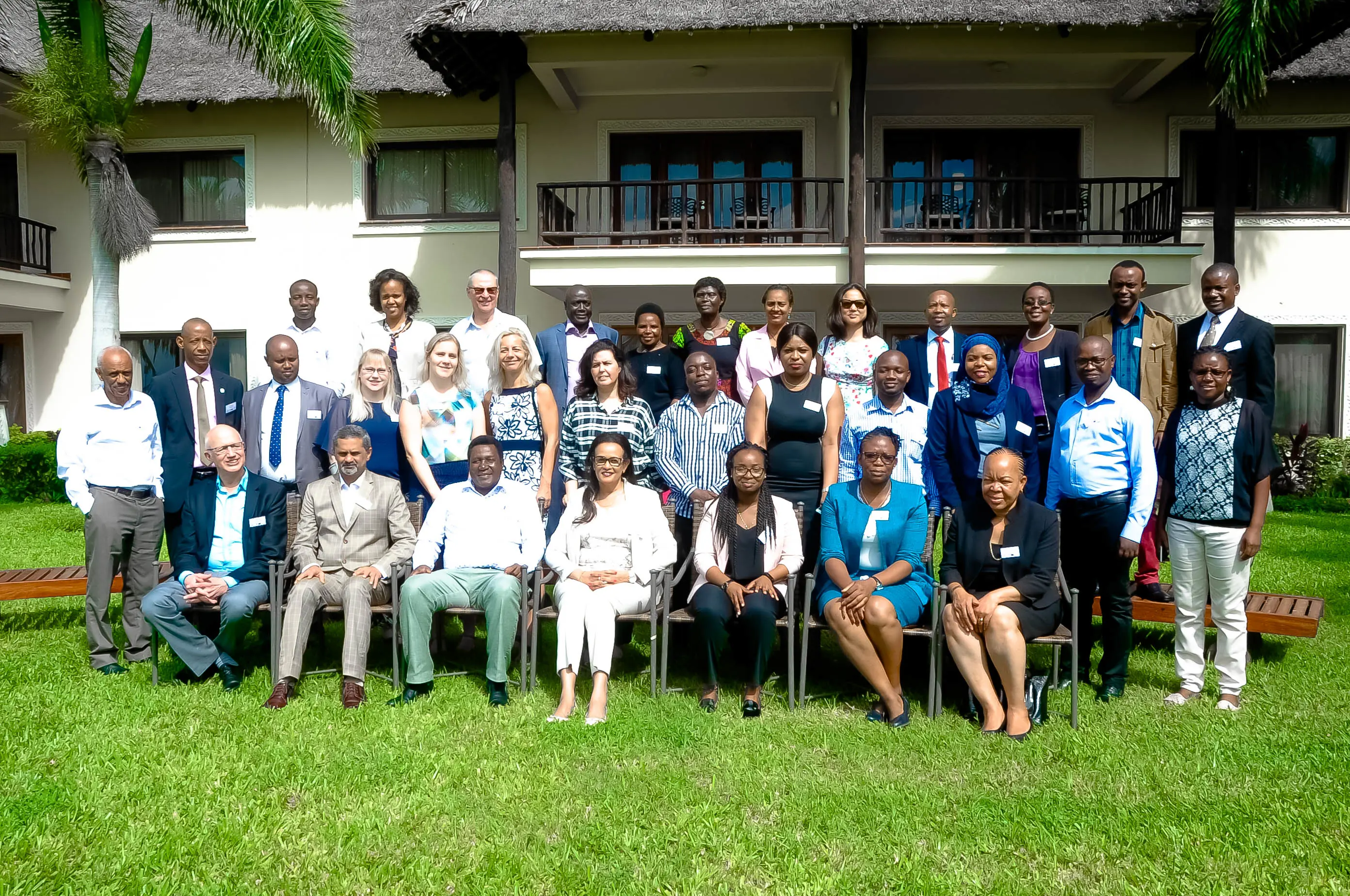
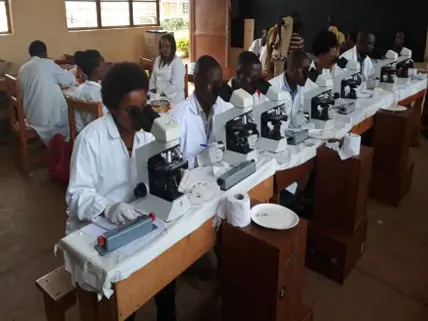
PROFORMA is engaged in generating a cohort of pharmacovigilance-trained professionals from all stakeholders groups in East Africa, including healthcare providers and regulatory staff engaged in pharmacovigilance data collection, analysis, interpretation, and data sharing. Currently, a total of 10 post-graduates (seven PhDs and three MScs) are being trained to serve as part of the future pharmacovigilance expert regional task force. The project has held training workshops on active cohort safety monitoring and basic, intermediate, and advanced pharmacovigilance, with course durations varying from hours to one week. Over 2,000 individuals across the different stakeholder groups, including healthcare professionals, public health programme staff, pharmacists, health extension workers, community drug distributors have received training on safety monitoring in the four participating African countries.
Healthcare professionals play an important role in safety monitoring; therefore, it is essential to incorporate pharmacovigilance in healthcare professional education programs. In February 2020, during the 3rd PROFORMA Annual meeting in Nairobi Kenya, PROFORMA launched an undergraduate pharmacovigilance curriculum for healthcare professional programmes to be implemented in medical universities.
PROFORMA has also established collaboration with national public health programmes that deploy targeted mass drug administration (MDA) or immunisation programs, to monitor medicine and vaccine safety. The partner national medical regulatory autorities (NMRAs), medical universities, and neglected tropical diseases (NTD) programmes in each country jointly conducted active safety and efficacy surveillance of drugs used in MDA. In total, more than 45,000 individuals who received MDA as preventive chemotherapy for the control of NTDs have been actively followed for safety monitoring.
In 2019, the active safety and efficacy surveillance projects included:
In 2018-19, Ethiopia launched the human papillomavirus (HPV) vaccine. Therefore, as part of the PROFORMA project, Ethiopia’s Food and Drugs Authority, the medical faculty of Addis Ababa University, and the immunisation program followed more than 3,000 vaccinated girls for safety monitoring in Addis Ababa, and more than 400 health professionals from Ethiopia and Tanzania were trained on active vaccine safety surveillance.
Presently, data analysis is ongoing for all these studies, and findings will be published in peer-review scientific journals.
In the meantime, PROFORMA has also established networking with stakeholders in Sweden, including UMC and Swedish Product Agency, to explore grounds for future collaborations and experience sharing. In general, the outcome of this project will strengthen the readiness of health systems at a national and regional level to build capacity to monitor the safety of new interventions for poverty-related diseases.
Read more:
PROFORMA is part of the EDCTP2 programme supported by the European Union's Horizon research and innovation programme
Since 2020, the ICPV has worked to improve drug safety reporting at Instituto Nacional de Cardiología Ignacio Chávez, with promising outcomes.
16 October 2025
The annual #MedSafetyWeek campaign reminds us that medicines work best when they're safe. In Aligarh, healthcare workers came together to make that message a living reality.
19 November 2025
Two-thirds of pharmacists in Nigeria witness weekly cough syrup abuse, yet poor reporting systems and unclear guidelines prevent effective intervention, leaving its youth at risk.
03 December 2025